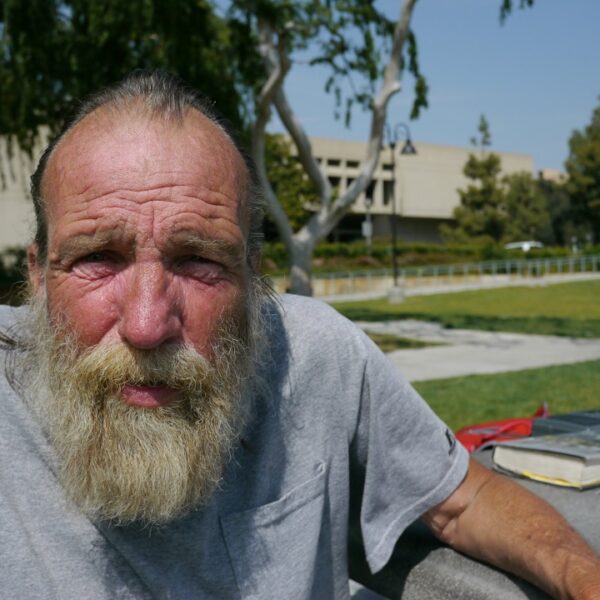You might have noticed the landscape lately. The bleakness that has overtaken many cities is difficult to ignore and unsee. Homelessness, in all of its varying forms, is a problem both prominent and expanding nationwide.
Could it be a byproduct of the opioid crisis? Is it merely a mark of declining mental health?
While both issues play a small part in the homeless epidemic, they are nowhere near the leading cause. Even as we face the looming prospect of high inflation and the possibility of another encroaching recession, even as we witness mass layoffs and unfathomable wage stagnation, the leading cause of homelessness continues to be attributed to something somewhat unexpected – the lack of affordable housing.
The State of Housing in America
Whether you know this or not, America has reached crisis levels for affordable housing. This dilemma has created the bulk of homelessness that continues to unfold and increase at alarming rates.
According to The National Low Income Housing Coalition, we are short more than 7 million affordable homes at the current wage level and pace. Skyrocketing rents and corporate greed have made the dream of homeownership and even affordable rental expectations untannable for approximately 3 out of 4 United States residents.
Thus, we are left with a surplus of vacant luxury high rises and a landscape dotted with blight and abandoned buildings.
The housing and homeless crisis becomes triple fold in the wake of environmental injustice. The concentration of greenhouse gases and airborne pollutants could foreseeably ravage the planet. Add to this an ever-changing landscape of legal zoning policies, and it’s easy to see how new construction has its fair share of obstacles.
Innovative approaches to the crisis have been presented far and wide. One of the most popular is the prospect of converting dead American shopping malls into bustling communal apartment complexes. This has already taken place in Rhode Island with a degree of success. But this, too, has several limitations, the most glaring of which is that converting all of the dead malls in America would still only create tens of thousands of homes in a rental market that requires millions more.
Enter 996 Million Square Feet of Unused Office Space and Perhaps a Novel Solution
Alexandria Real Estate Equities founder and CEO Joel Marcus looked into the vast American countryside. Instead of honing in on homelessness and misery, he saw an opportunity that came in the form of unused office space.
There are approximately 996 million square feet of vacant office space collecting dust across the country, an unexpected aftereffect of the surge in remote work opportunities. According to Fortune, those empty offices are costing corporate real estate developers massive amounts of money, creating a unique intersection where the wants of wealthy business owners coincide with the needs of middle-wage earning American renters.
Remote employment is often seen as a negative in curbing homelessness because it has led to an inflation migration that increases living costs in otherwise lower-income regions. While housing advocates have set their sights on the mass exodus and relocation, many of us have failed to consider the possibilities that exist in the one thing the newly-remote workers all left behind – their cubicles.
There are varying opinions from experts about whether this is a viable blueprint.
According to Forbes, commercial real estate developer Silverstein Properties has set aside more than $1.5 billion toward converting office space into affordable housing. The company says it intends to spend somewhere in the ballpark of $10 billion on this when all is said and done.
This is the company responsible for the redevelopment of the World Trade Center. As such, they have earned a reputation for successfully completing large-scale projects. If all goes according to their plans, 500 new affordable housing units should be made from vacant office space in several major metropolitan cities nationwide.
City Leaders Have to Make Construction Possible and Provide Incentives
While capitalizing on vacant office space seems pretty cut and dry as a solution to save the planet from peril and the working class from houselessness, there are still some kinks in the system. For the blueprint to go from vision to reality, several zoning laws would have to be altered.
Experts also suggest incentivizing local developers by offering tax breaks to those that participate in creating more affordable housing.
Talk to Your Local Lawmakers About Making Affordable Housing a Priority
A recent survey of city leaders showed that when lawmakers draft policies that criminalize homelessness, they do so under the sentiment that they are acting on behalf of the public’s desires. This is why it’s so important to let your local lawmakers know where you stand on issues such as this one.
Contact your local legislators today and let them know that you support the movement to convert vacant spaces like office buildings and dead shopping malls into affordable housing, with a heavy emphasis on the affordable component. Your voice could be the difference between another anti-camping ordinance and a favorable change in zoning policies.













